Counting The Yen: Cost Of Giving Birth In Japan
How Much Does It Cost To Have Your Baby In Japan?
Considering starting a family while living in Tokyo but unsure of the costs? Here we bring you a vital summary of information about likely costs, as well as available subsidies.
Coming from a country in which I was ‘spoiled’ with ‘free’ healthcare (and correspondingly high income taxes), the costs of pregnancy and birth were not something that ever entered my mind when thinking of future babies. When it came time for my husband and I to consider starting a family in Japan, however, we were immediately confronted with the reality of the large “start-up” costs of our great family venture. We quickly realized we needed to count the costs and make a plan.
As expected, when it comes to costs, there is a large scale depending on medical facility, location, medical needs and other circumstances. At one end of the scale, birth costs can be completely offset by insurance (and then some), and at the other, families may find themselves upward of ¥1,000,000 out of pocket following the birth of their child.
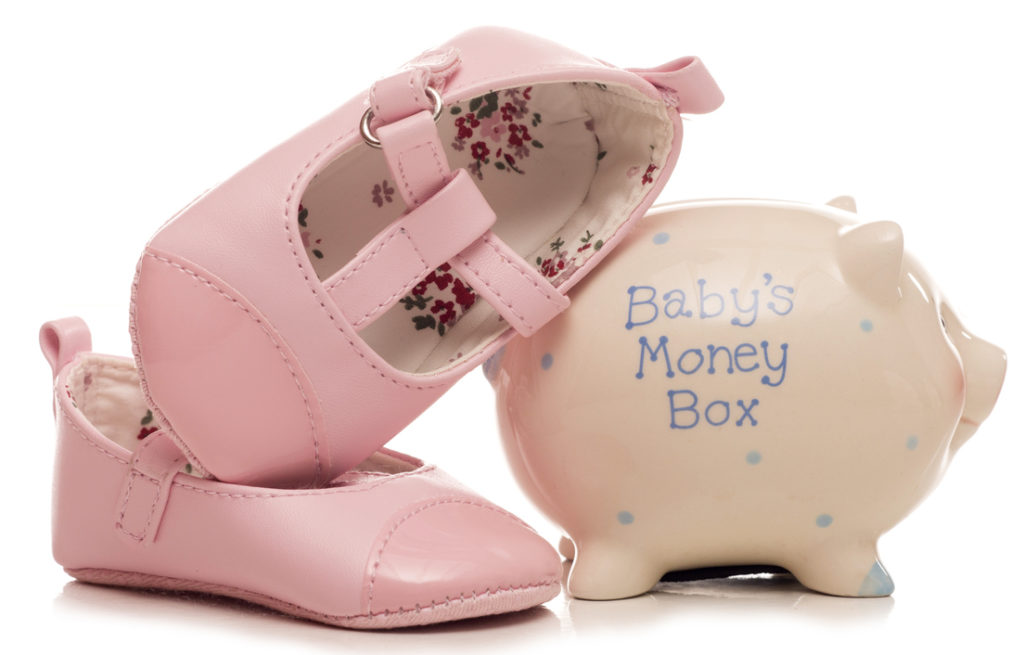
The Bad News: The Costs
Ok, you have to be prepared — fact is it does cost a bundle to give birth in Japan. Below is a rough guide for the various types of charges and average costs you can expect to pay for giving birth at an average hospital in Tokyo, based on surveys with other mums, as well as a number of hospitals in the Tokyo area. Note that while this article focuses on the costs for a hospital birth in an average hospital, there are many other options for birth facilities, such as maternity clinics, that could be cheaper (total fees seem to run closer to the ¥400,000-¥500,000 range).
- Basic hospital birth fee
This is where the sum starts piling up from: The basic birth fee for an uncomplicated natural birth, including a five-day stay (which is typical) ranges between ¥500,000 to ¥700,000 on the average. This fee includes the daily hospital-stay rate with three meals a day. The sum can be reduced if you manage to leave early.
- Private room fee
Many hospitals provide the option for a private room the cost of which vary depending on whether you opt for one with a bathroom, couch, TV and other equipment. The extra daily cost for a private room can range from ¥10,000 to ¥70,000 and beyond.
- Epidural
Not all hospitals are able to administer epidurals but for those that do it seems that ¥100,000 is a typical fee.
- Induction
Note that in addition to the cost of the induction itself (which may be in the range of ¥20,000-¥30,000), you may end up staying in hospital longer if it takes time for your labor to start, which means paying for more days there.
- Waterbirth
For those hospitals that offer waterbirth, extra fees may run from ¥25,000-¥40,000.
- After hours and holidays
The onset of labor isn’t usually something one can control, but the parents of babies wishing to make a move at an inconvenient time (try to avoid New Year’s Kohaku by all means) will likely be slapped with additional fees often in the ¥20,000-¥30,000 range.
- High-risk delivery and VBACs
These also incur additional costs, particularly VBACS, which at one hospital I surveyed incurred a fee of ¥70,000.
For a more accurate view of the costs for specific hospitals, cost information is often available on the facility’s official website, or you can also refer to the billing department for an estimate and breakdown of charges. Note also that most hospitals require you to pay a deposit around the time you enter your third trimester, so get the cash ready way in advance.
Most hospitals require you to pay a deposit around the time you enter your third trimester, so get the cash ready way in advance.
As to prenatal checkups, while they are not covered by Japanese health insurance, you can receive a discount coupon book from your ward office to help with the costs. Prenatal care in Japan consists of around 14-15 checkups usually costing ¥5,000-8,000 per visit (when using the coupons) and up to ¥20,000 for visits that require extra routine tests. You can read more about all prenatal tests and pre-birth preparation here.
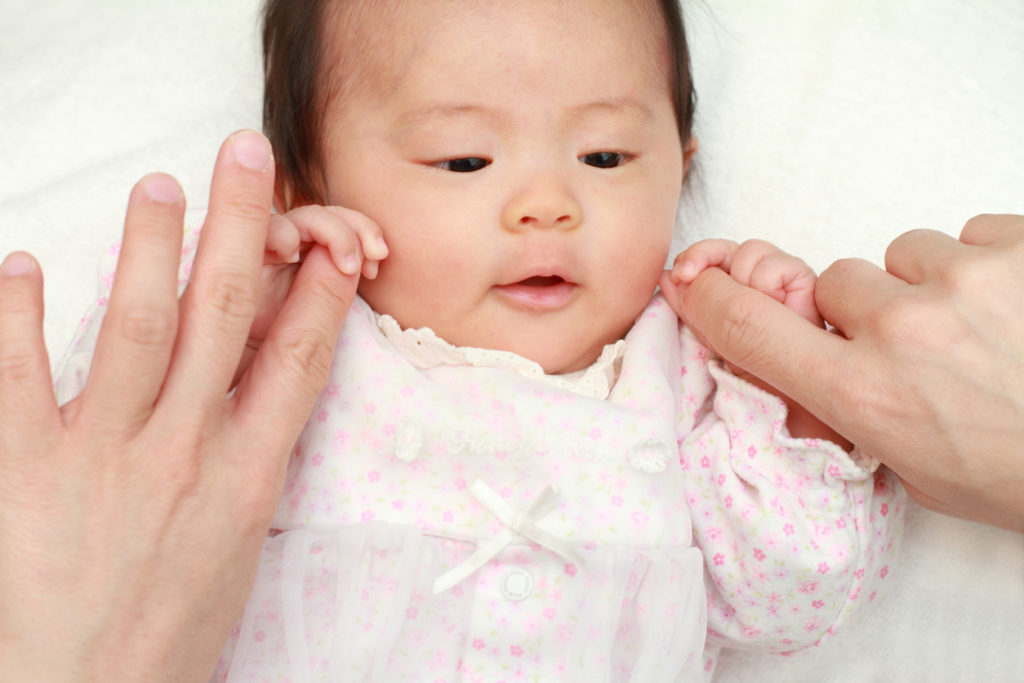
The Good News: Japanese Insurance Benefits
Free money! Well, not really, but insurance payouts feel good don’t they? If you are ensured by Japan’s National Health Insurance (NHI) or you are employed by a company in Japan (or you are a dependent to someone who is insured), you are entitled to receive those benefits.
While childbirth is not covered by the Japanese health insurance per se, a “childbirth and childcare lump-sum grant” of up to ¥420,000 is payable per child to help families with the costs of the birth. You can receive this either as a reimbursement, or have it paid directly to the hospital (meaning you only need to pay the difference upon discharge).
Depending on the area you live, your local municipality may also offer additional subsidies and childcare support. One such ward for example is Tokyo’s Minato Ward, which provides an additional ¥180,000 expense subsidy to its residents. Some employee insurance plans may also provide an additional lump sum payment, so if you are employed, make sure to consult your company regarding your rights as a future mama.
A “childbirth and childcare lump-sum grant” of ¥420,000 is payable per child to help families with the costs of the birth.
C-sections, on the other hand, are surgeries, so are naturally covered by health insurance (of course, aside from hospital room costs). As with other medical care, your copayment will be 30% up to a certain “major medical costs.” Costs paid in excess of your deductible (paid to a single healthcare provider within a billing month) can be reimbursed on application (to the ward office in the case of NHI).
Alternatively, if you are an NHI member, you can apply at the ward office beforehand to receive a certificate to submit to the hospital — so that you don’t have to pay for any costs beyond the amount of your deductible. The same could be true for those with employee health insurance: please speak to your company contact person.
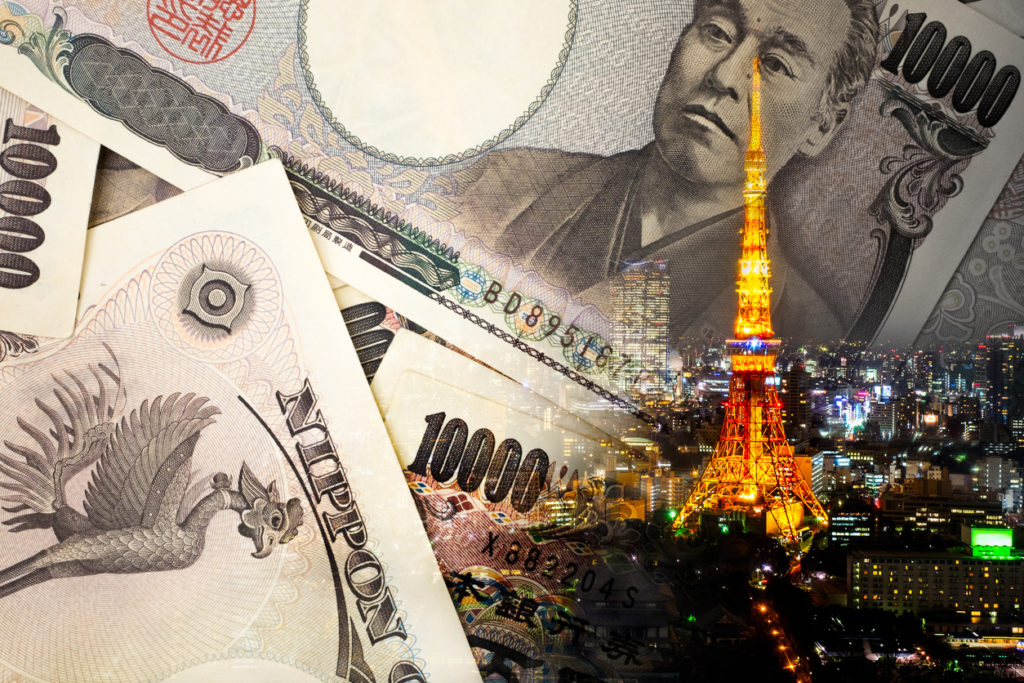
The Great News: Tax Deductions!
On a final positive note, medical expenses (including birth costs and prenatal care) meeting a certain threshold (usually, a minimum of ¥100,000) over the tax year are able to be deducted from your income tax liability. As such, you will likely be able to receive a tax rebate by filing a return (kakutei shinkoku) by March 15th of the following year. For more information, please consult your local municipality or the angel admin at your office!
This article is based on a survey of hospitals in Tokyo and women who have given birth in the capital and neighboring prefectures. Please note that though the average costs of giving birth are to a certain degree standard nationwide, hospitals in other parts of Japan may charge differently depending on the type of hospital and birth condition.












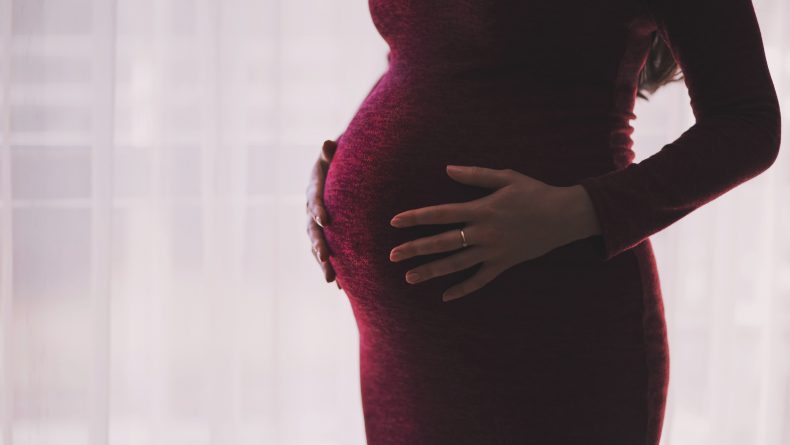
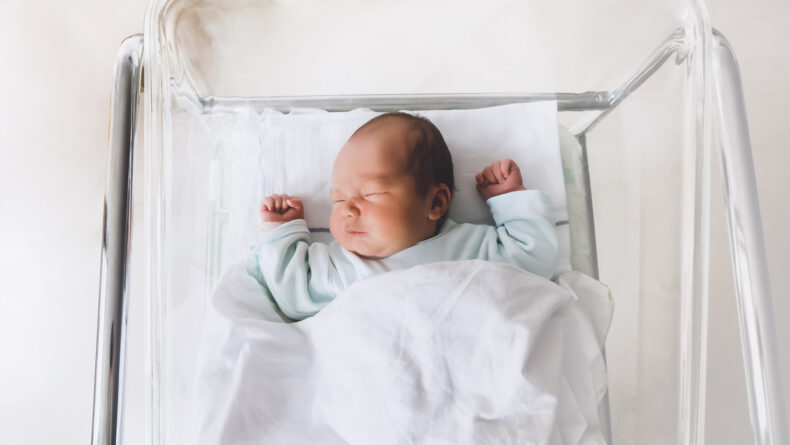
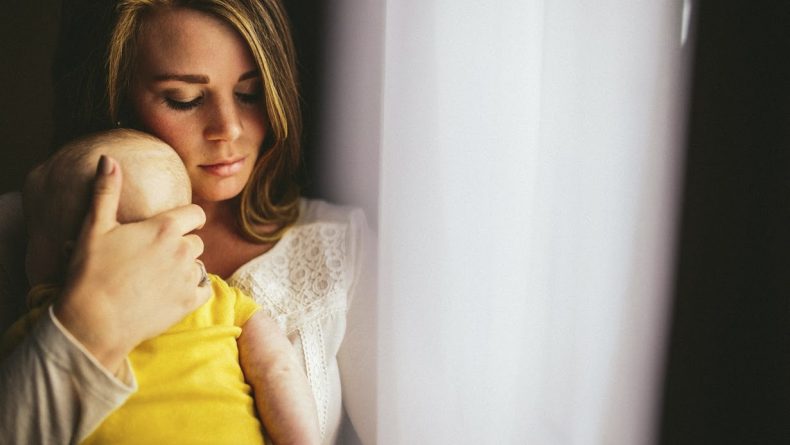
Leave a Reply